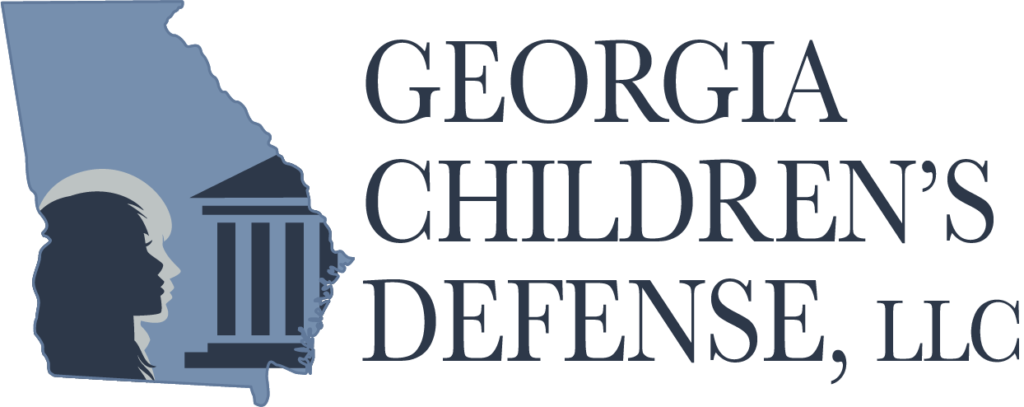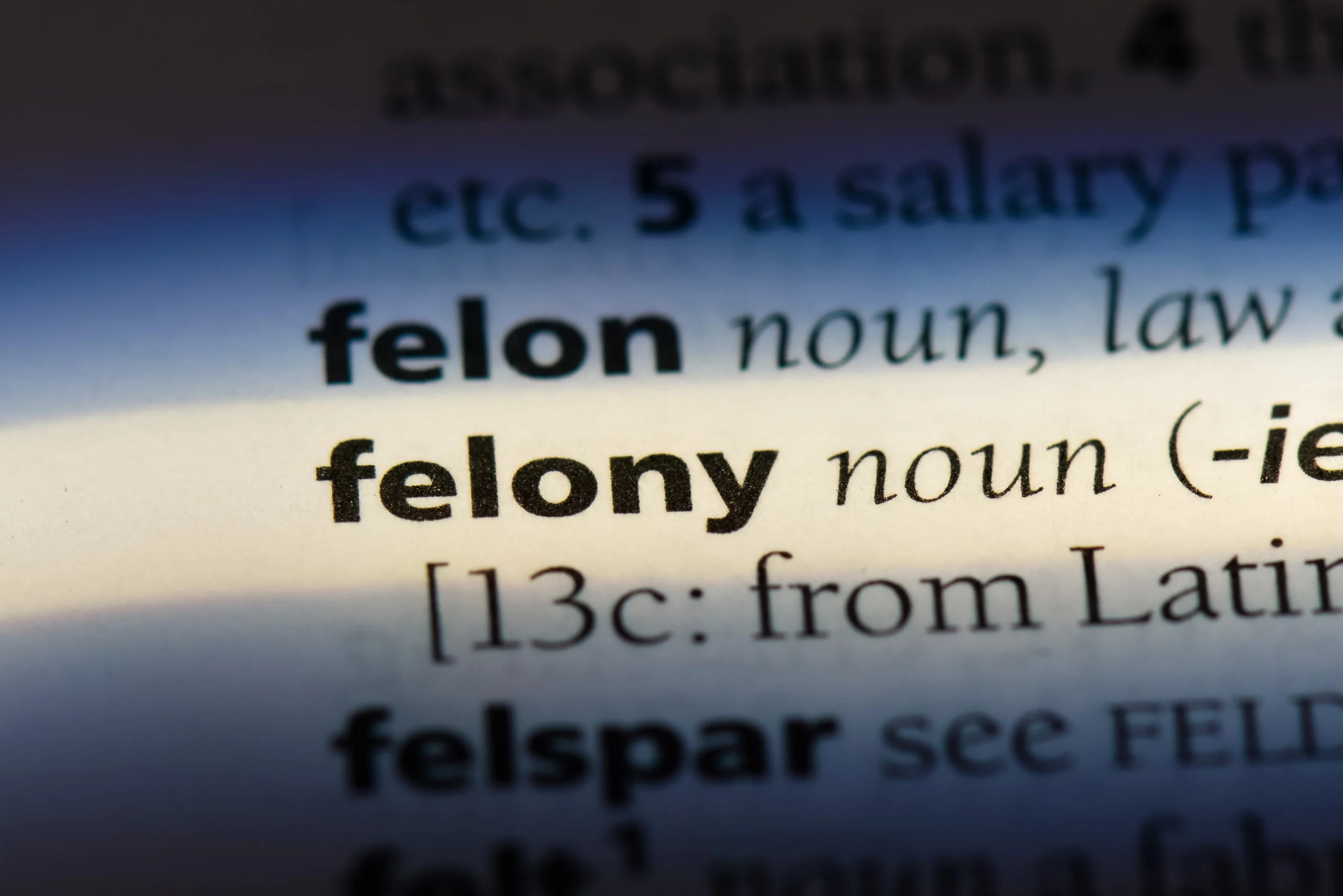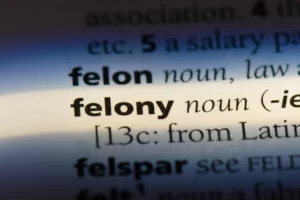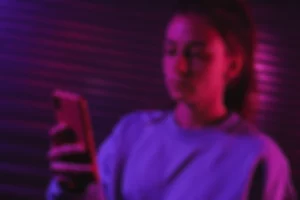“Is my child going to have a felony on their record” is one of the most common questions that we receive. This is usually due to the confusion about what “felony” means as it relates to children who are facing charges. In this blog post we will break down the different types of felony charges that a child can face.
SB440 Felony – Charges that place a child’s case in the adult court
In Georgia, State Bill SB440 created certain felony offenses which, if committed by a child aged 13-17, automatically places the case in the jurisdiction of the adult (superior) court. These offenses are:
- Murder;
- Murder in the second degree;
- Voluntary manslaughter;
- Rape;
- Aggravated sodomy;
- Aggravated child molestation;
- Aggravated sexual battery;
- Armed robbery if committed with a firearm;
- Aggravated assault if committed with a firearm upon a public safety officer; or
- Aggravated battery upon a public safety officer
If a child is alleged to have committed one of these felony offenses, then the case will automatically be sent to the county superior court and proceed as a case facing an adult would, with a few key differences.
SB440 Felony – Exceptions for discretion by district attorney or court
When a child aged 13-17 has been charged with an SB440 offense, the district attorney can use their discretion to send the case to the juvenile court before the case has been indicted (formally charged). After the case has been indicted, the court itself can choose to send the case to juvenile court if the child has been charged with voluntary manslaughter, aggravated sodomy, aggravated child molestation, aggravated sexual battery, aggravated assault upon a public safety officer or aggravated battery upon a safety officer. Outside of those two circumstances, the case would proceed in superior court as an adult case would.
Non-SB440 charges – Delinquent Felonies
Unless a child is charged with an SB440 offense, a child is not facing a “felony” in the same way that an adult would – in front of the superior court with the prospect of the charge(s) remaining on their criminal record. All other felonies that do not fall under SB440 are delinquent felonies, which means that the matter will be handled in the juvenile court and treated as a civil matter – ultimately giving children the ability to have their juvenile record sealed.
Class A or B Designated Felony in Juvenile Court
Class A or B designated felony charges are the most serious charges a child can face in juvenile court. While these charges are not adult charges, they still carry heavy consequences as they can subject a child to long-term detention at a youth detention center (YDC).
Class A designated felonies are the more serious of the two, including offenses such as aggravated battery, certain aggravated assaults, arson, kidnapping, attempted murder, and certain violations of the criminal street gang act. For class A designated felony charges the court has the ability to detain a child in a youth detention center for a period of up to 60 months, followed by 12 months of intensive supervision.
Class B designated felonies mainly differentiate in the period of time that a child can be ordered to be detained by the juvenile court. Under class B designated felonies, children can be detained in a YDC for a period of up to 18 months and subject to 6 months of intensive supervision upon release.
Under both class A and class B designated felonies, a child is committed to the Department of Juvenile Justice (DJJ), which gives legal custody of the child to the state. The length of commitment is up to 5 years under class A, and up to 36 months under class B. While under a DJJ commitment, the child’s place of residence is subject to the discretion of DJJ. We will discuss DJJ commitments at length in a later blog post.
To determine whether a child has been charged with a designated felony, look at the petition that was sent by the court. Legally, the district attorney is obligated to mention in the petition that the child has been charged with an offense that falls under class A or class B of the designated felony act. If you don’t have a petition from the court, or are unclear regarding the contents of the petition, contact us to learn if a charge is subject to the designated felony act.
Delinquent Felony (non-designated Felony)
Any other felony that does not fall under the designated felony act is treated as a delinquent felony. In the State of Georgia, when children under the age of 17 are charged with an offense that would be a felony if committed by an adult (with the exception of SB440 offenses), the matter is handled by the juvenile court in the county that the offense is alleged to have occurred. These offenses are “delinquent felonies” which are legally treated as civil matters.
Unlike adult charges, these felonies do not go on a child’s criminal record. Instead, the charges go on a child’s juvenile record, which can be sealed 2 years to the day after the completion of the court’s terms. After a juvenile record is sealed, it is legally treated as if the matter(s) did not occur. It is important to pay attention to questions asked by potential employers, schools, and any branch of armed services. If they ask “have you been convicted of a felony” the answer would always be “no” since the offense was a juvenile court matter. If asked “have you ever been adjudicated delinquent by a juvenile court” the answer would be “yes” unless your juvenile record has been sealed. If a child’s juvenile record has been sealed, then that child may legally answer “no” when asked if they have ever been adjudicated delinquent by a juvenile court. We will provide more information on how to seal one’s juvenile record in future blog posts.








